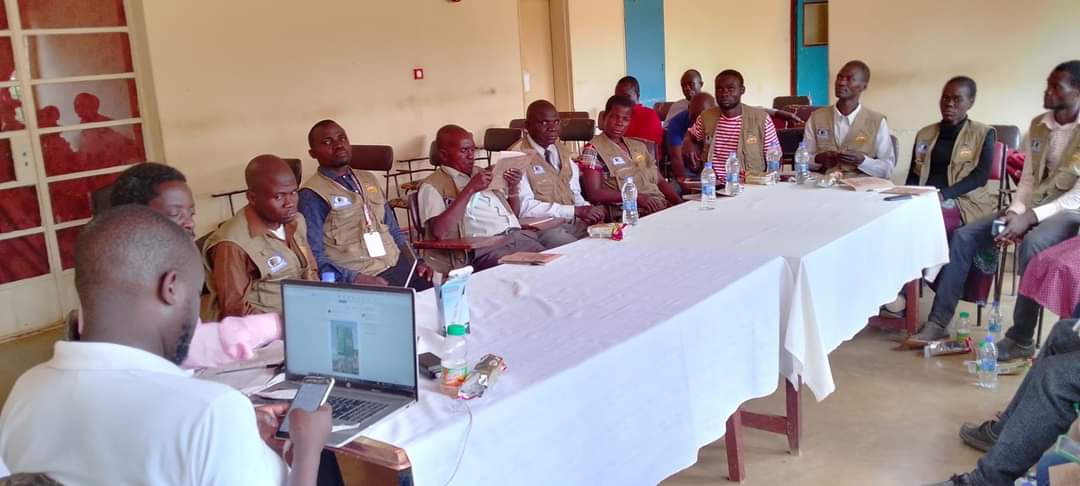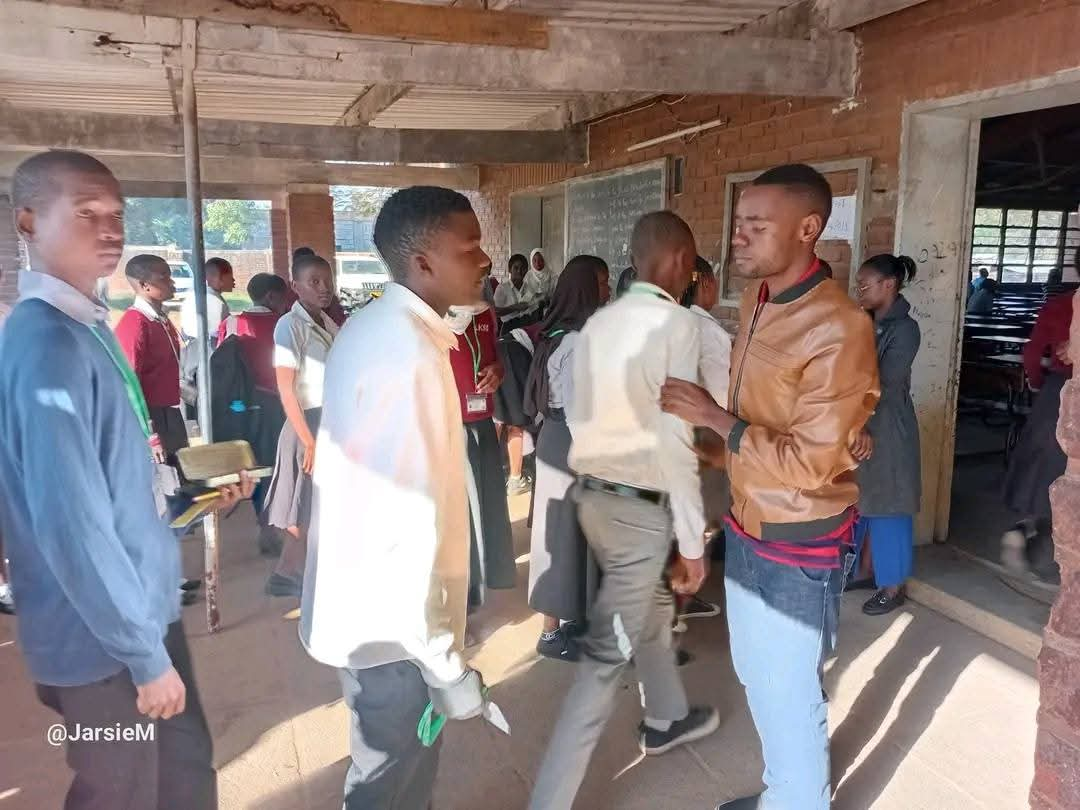By Burnett Munthali
The announcement that teachers across Malawi must pay K25,000 each for their licenses to the Teachers Council of Malawi (TCM) by December 31, 2024, has sparked widespread frustration and anger. This controversial policy not only places an unjust financial burden on already underpaid educators but also exposes significant flaws in its implementation.
While the TCM claims to regulate the profession and uphold teaching standards, many teachers remain in the dark about its objectives. They are being coerced into paying this exorbitant fee, fearing job loss if they fail to comply. This lack of transparency, coupled with inadequate engagement with educators, raises serious questions about the council’s accountability and legitimacy.
For a profession already battling low salaries, the K25,000 fee is a cruel imposition. Many teachers earn meager wages that barely cover their basic needs. Forcing them to part with such a significant sum, particularly when they receive no immediate tangible benefits in return, is a glaring injustice.
Unlike deductions for the Teachers Union of Malawi (TUM), where K1,000 is taken directly from teachers’ salaries, this fee must be deposited manually. This approach further inconveniences teachers, many of whom work in remote areas with limited access to banking services.
Retired teacher Mrs. Esnath Kaliza Banda of Lilongwe aptly described the situation as a scheme to milk teachers dry. Her frustration is shared by many who feel the government is exploiting the very people tasked with shaping the nation’s future.
Historically, long-serving teachers were issued “Authority to Teach” licenses free of charge under previous administrations. However, the introduction of this K25,000 fee under President Lazarus Chakwera’s government is seen as a betrayal.
Teachers have long endured systemic neglect, with many going decades without promotions. For a profession often celebrated as the backbone of the nation, this policy feels like a slap in the face. It’s a stark reminder that teachers are frequently undervalued and sidelined in national decision-making.
The financial implications of this policy are staggering. With over 80,000 teachers in Malawi, the TCM stands to collect billions of kwacha. But where will this money go? What tangible benefits will teachers see? These are questions the government and TCM have failed to answer.
Mrs. Kaliza’s assertion that TCM is poised to become the richest organization in Malawi is not far-fetched. Yet, this wealth accumulation comes at the expense of those who can least afford it. It’s a gross misuse of power that undermines trust in both the council and the government.
The government must urgently reconsider this policy. At the very least, it should provide a detailed breakdown of how these funds will be used to improve the teaching profession. Transparency and dialogue are critical to rebuilding trust with educators.
Furthermore, teachers should unite in demanding an end to exploitative practices. As Mrs. Kaliza suggests, the 2025 elections present an opportunity to hold the government accountable. Teachers are a significant voting bloc, and their voices can and should influence the nation’s political direction.
The imposition of a K25,000 licensing fee on teachers is not just a financial burden—it’s an insult to the profession. Educators deserve better pay, recognition, and support, not policies that deepen their struggles.
For a government that promised reforms and progress, this move is a stark departure from those ideals. It’s time for leaders to prioritize the welfare of teachers, who remain the cornerstone of Malawi’s development. Anything less is unacceptable.




